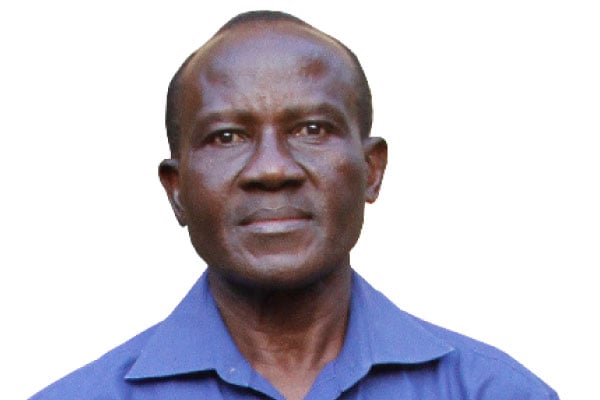Prime
Where NRM honey flows

Author: Alan Tacca. PHOTO/FILE
What you need to know:
- Last week, I noted the bishop’s acknowledgement that the highest paid government officials are often corrupt.
I must again thank the Rt Rev Dr Associate Professor Sheldon Mwesigwa of Ankole Diocese for finding time to respond (in writing) to my Sunday Monitor Jan. 14th article.
Incidentally, what the New Vision (January . 2) referred to as the bishop’s New Year’s Day sermon is what the bishop calls his Xmas sermon (Sunday Monitor, Jan. 21). Either way, the error is of no importance.
By writing, the bishop spurred Prof Timothy Wangusa to do us a favour, contributing to our ‘conversation’ in his January. 28 Sunday Monitor column.
Now, contrary to the bishop’s protestation, his sermon had its autonomy. Indeed, it was addressed to ordinary church-goers, not scholars required to read the bishop’s published works before responding to his message.
However, his 21st January Sunday Monitor article is welcome additional material on which we could reflect again.
Last week, I noted the bishop’s acknowledgement that the highest paid government officials are often corrupt.
Today, it is the high performance story of Ankole Diocese (and, I assume, Ankole as a sub-region), which the bishop expanded on.
When, for instance, the bishop extols Sh300-million PAYE remittances by diocesan workers as remarkable, we deduce that the workers are paid satisfactorily.
So the congregants are probably not paupers, and not mean.
If, as we noted earlier, many bigwigs hail from the sub-region, the traffic that flows from Kampala to the south-west on weekends could deepen the Sunday offertories in the diocese. And the corrupt sometimes hope to redeem themselves by being ostentatiously generous towards their church.
The diocese must be saluted if its university, Sacco, radio station and other outfits put another Shs 3 billion in the national Treasury. But do similarly sized organisations pay less?
More importantly, have similar organizations across the country been given equally conducive working environments?
Mid last year, with several relatives, we drove from Kampala to Kyamuhunga for a funeral; over 80 kilometres beyond Mbarara.
Leaving the greater Masaka area, you felt you were entering a different country. We marvelled at the huge ranches and the orderly plantations.
The roads, with and without tarmac, looked better maintained than in most parts of the country.
There were Sacco signboards everywhere.
This was food for thought.
Was the NRM’s top leadership instinctively, or perhaps by design, focused on ensuring that the lower level leaders and the professional advisory services here were dedicated enough to inspire, instruct, and sometimes cajole the people in this NRM heartland to exploit “the prevailing environment to develop their areas and families”?
Surely, these people (including those diocesans with their acres of coffee and vanilla) would probably be inclined not to worry about change.
The bishop notes that theological thought processing is often ‘alien’ to me. Yes, but that is because it is often not logical.
I concede that God is not against us (because He is in a state of rest). But there is nothing in logical thought processing that leads me to follow the bishop to St Paul’s conclusion (Romans 8:31) that, because of this, no one can be against us.
Other nations can work against us. Selfish rulers can be against us. Industrial polluters can be against us. Phoney religious fanatics can be against us. God will not touch them.
There are victims of Uganda’s unchecked inequality who understand that a religious belief can function as a hiding place. These probably read the bishop’s ‘theological’ conviction about Uganda’s future as complacency with the status quo.
They are not likely to be convinced that it is a proposition for tomorrow’s political redemption.
Mr Alan Tacca is a novelist, socio-political commentator.
[email protected]


